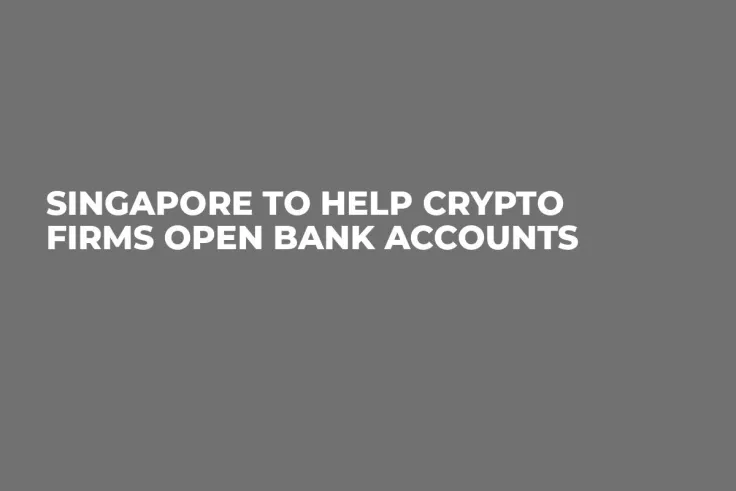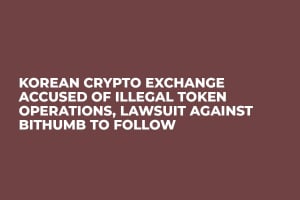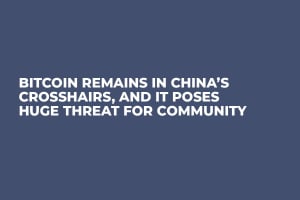
Monetary Authority of Singapore (MAS) is willing to help crypto firms to open bank accounts, yet no changes in regulation are being planned.
“We should not be trying to create an extremely lax regulatory environment in order to attract that kind of business. What we are trying to do is to bring the banks and cryptocurrency fintech startups together to see if there is some understanding they can reach,” said MAS’s Managing Director Ravi Menon.
Recently, some firms related to crypto have complained about being unable to open a bank account in Singapore.
“The nature of this business is a bit different, so banks may need to employ other ways in which they can establish bona fide,” said Menon. “I hope we can bring minds together on this so that we can get over this hurdle.”
Nevertheless, he said that certain aspects of the crypto industry are still potentially dangerous for investors. “Some of these activities are indeed quite opaque. I would not blame the banks for not opening the bank accounts,” he said.
The Three Categories
Singapore has no intention of introducing a licensing system for crypto exchanges similar to the one established in Japan, said Menon. For the purposes of supervision, the city-state puts cryptocurrency activities into three categories.
The first category, known as utility tokens and used mostly for payment for computing services, hardly needs any regulation, according to Menon.
The second category involves cryptocurrencies that have the characteristics of securities and are governed by the Securities and Futures Act. In practice, few of the ICO’s have crossed that line. “If they do, then the full weight of the SFA will descend upon them, which would actually make most of their business models unviable. So most of them are careful to steer clear of that line,” Menon said.
The third category, which Menon described as “highly risky,” involves payment tokens, such as Bitcoin. These tokens are liable to major price swings. Yet the MAS is relaxed about them, as long as they don’t resemble securities. “If they are not a security, then we don’t have a problem with it. We’ve seen quite a lot of ICO activity that is not security related,” Menon said.
According to him, the two main concerns of the MAS when regulating cryptocurrency sector are to ensure consumer protection and prevent money laundering.


 Arman Shirinyan
Arman Shirinyan Dan Burgin
Dan Burgin Alex Dovbnya
Alex Dovbnya Denys Serhiichuk
Denys Serhiichuk